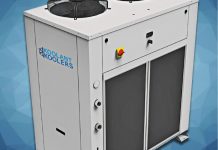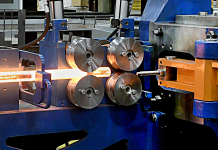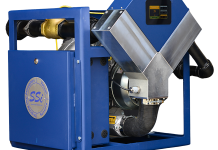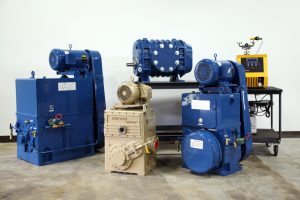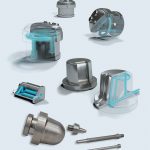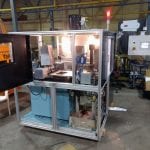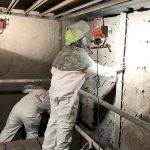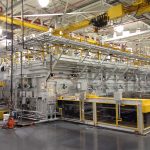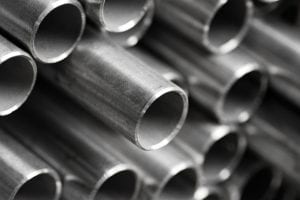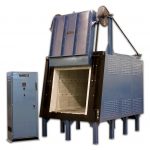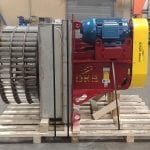Thermal processing touches almost all parts of everyday life — from the mundane to the critical.
And as companies around the world work to ensure a sustainable future for that world, the experts at Honeywell take pride in offering products and services designed for that important goal.
“What keeps me happy and excited about the business is the role that we can play in the future of the world and make sure that we help our clients move to a more sustainable future with all the solutions that we have,” said Hamed Heyhat, president of Honeywell Smart Energy and Thermal Solutions.
Providing a wide range of solutions
And Honeywell’s portfolio of solutions is wide and varied, constantly evolving to serve an ever-changing landscape.
“Honeywell is one of the biggest — if not the biggest — companies active in heat treatment, providing solutions for fuel delivery, burners and also control systems,” Heyhat said. “We are very active in process control and heat-process control as part of our portfolio, but we have a full range of products from different valves and parts and equipment that deliver the fuel to where you want to run the heat process all the way to state-of-the-art high-class burners for different industries. And, of course, the control systems that we offer are used for safety and reliability of the systems and for the performance and efficiency of those systems.”
In short, Heyhat said no company in the market has a portfolio that comes close to rivaling Honeywell’s.
“We can go from A to Z for heat processing, and we’re working with many OEMs and end users and even go and deliver projects for them,” he said. “We have whole engineering solutions that we put together, readily build and test, and we ship them to different facilities.”
Those systems can be brand new or a retrofit of existing systems already on the market, according to Heyhat.
“We also deal with almost every market vertical in the industry — from food and beverage all the way to complex chip manufacturing,” he said. “Thermal process and heat process are part of almost every single vertical — from car manufacturing to chip manufacturing, to food and beverage, to glass, to textile — you name it.”
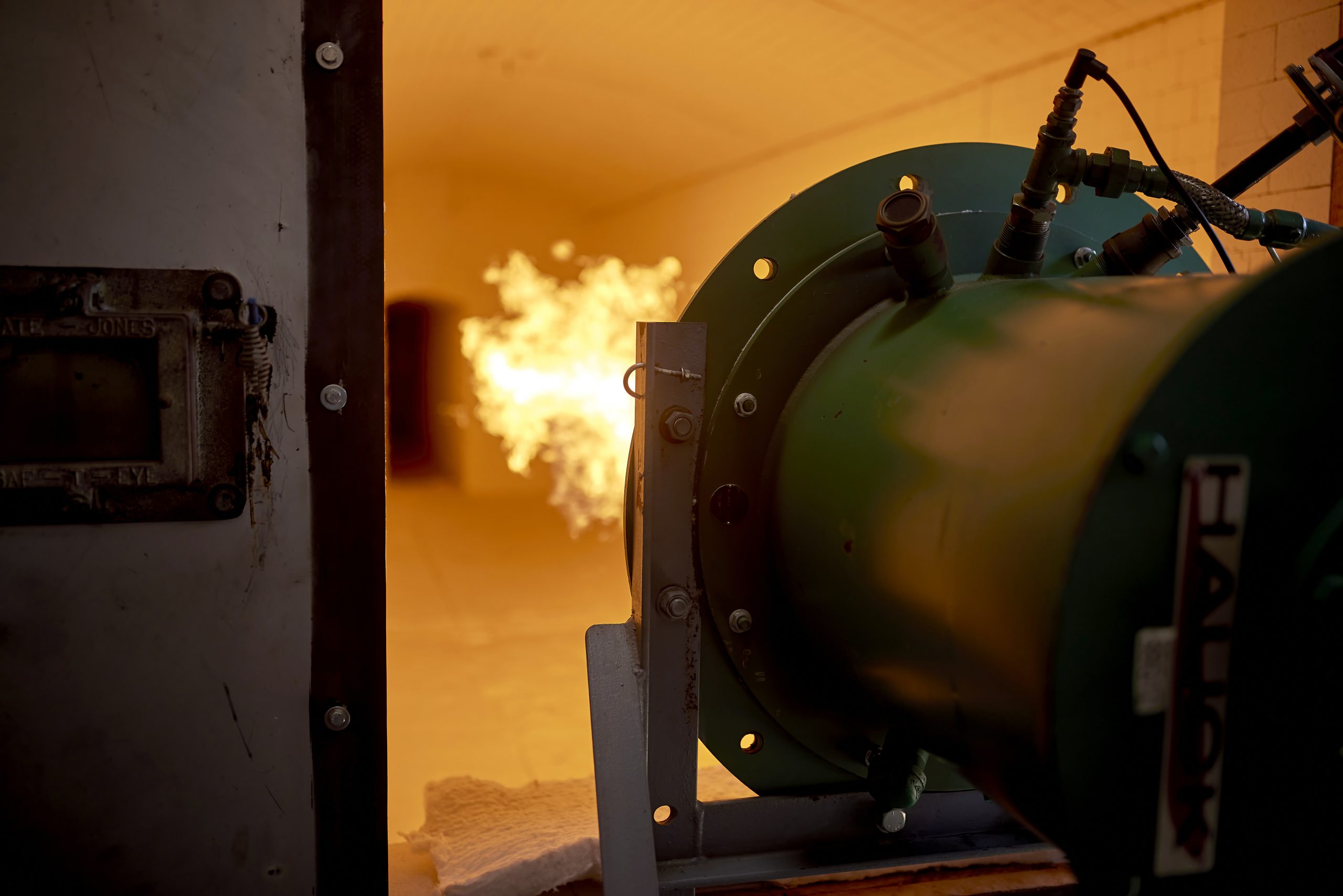
Working for a sustainable future
As more companies strive for a more carbon-neutral future, it has become a major goal of Honeywell to make sure those needs are met, according to Heyhat.
“We call ourselves future shapers,” he said. “That comes with how we invest with innovation and solutions that will solve real customer and market problems. When you take that philosophy into what we are doing internally, you can see the exact same thing. As the world is moving to more sustainable solutions, we are leading the energy transition with our customers by focusing on high efficiency burners. We have some of the most efficient burners in the world. We work a lot on multi-fuel burners. We are one of the few companies worldwide that can offer burners capable of switching between natural gas and hydrogen from zero to 100 percent live.”
This function becomes essential when the thermal process needs to be managed in order for the outcome in the heat chamber to remain consistent, according to Heyhat.
“You can basically switch between one (fuel) to the other as the thermal process is going on,” he said. “That comes with a lot of knowledge and know-how that we developed for more than 100 years on our teams. It’s very important.”
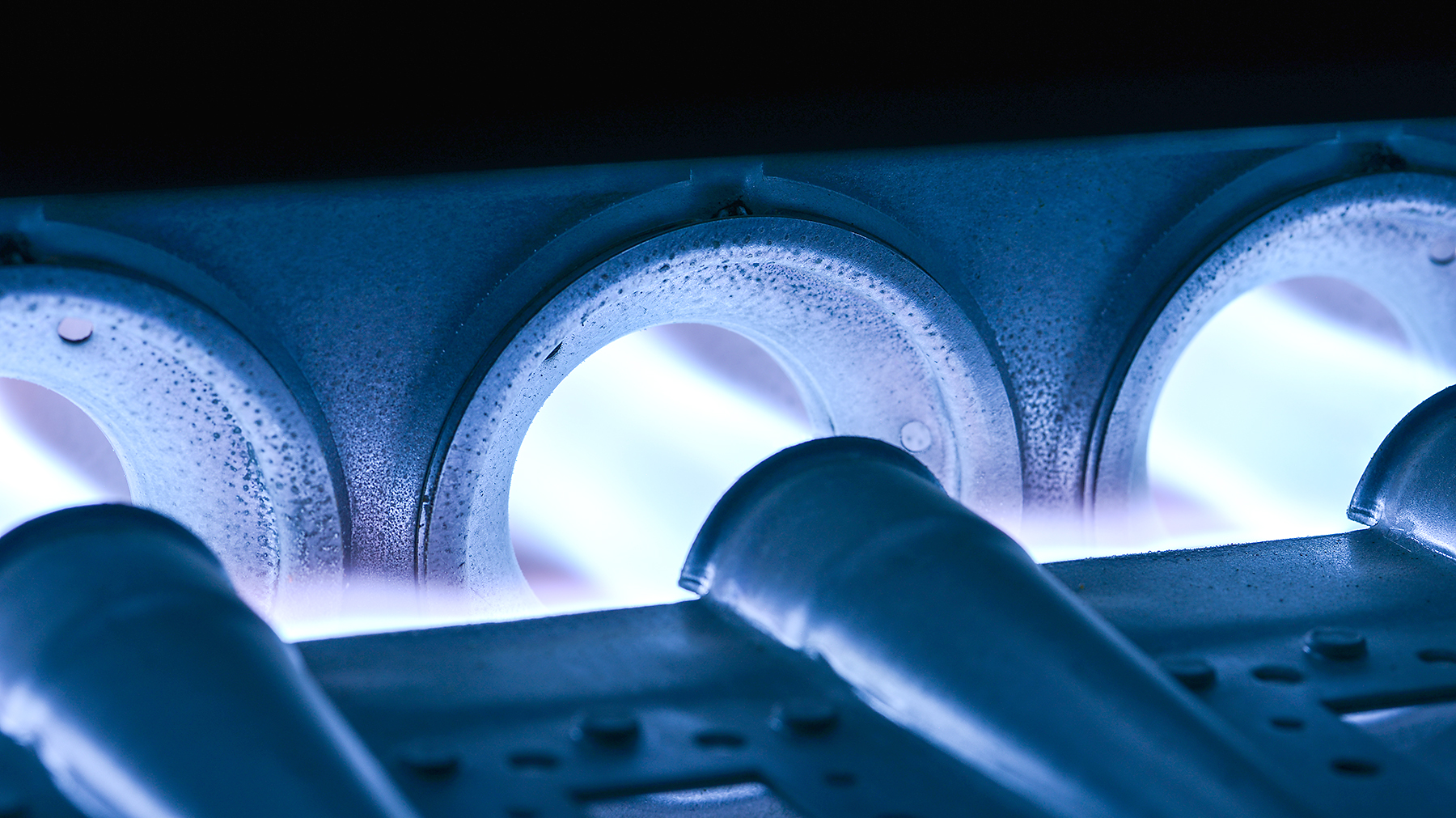
Fuel availability
It essentially boils down to the availability of fuels, and the key is not just being able to switch between one and the other, but how to keep the heat-chamber output constant, according to Heyhat.
“If you are heating in a glass manufacturing plant or heating in a food and beverage plant or you are in a paint booth of a car manufacturer, the switch between one fuel to the other fuel will change the thermal characteristics of the heat chamber, so it becomes necessary to manage the transfer between one and the other fuel to make sure that the output of the heat chamber is constant,” he said. “You don’t change the painting quality when you are switching from hydrogen to natural gas and back and forth.”
Ideally, hydrogen is often preferred, but only if blue or green hydrogen is available in the area for the reduction of carbon emissions, according to Heyhat.
“What is important is you want to make sure the output will stay constant and the quality of what you get out of the heat chamber and thermal process is fixed; it’s not changing,” he said. “That’s where we’re investing to make sure we understand how we do the switch.”
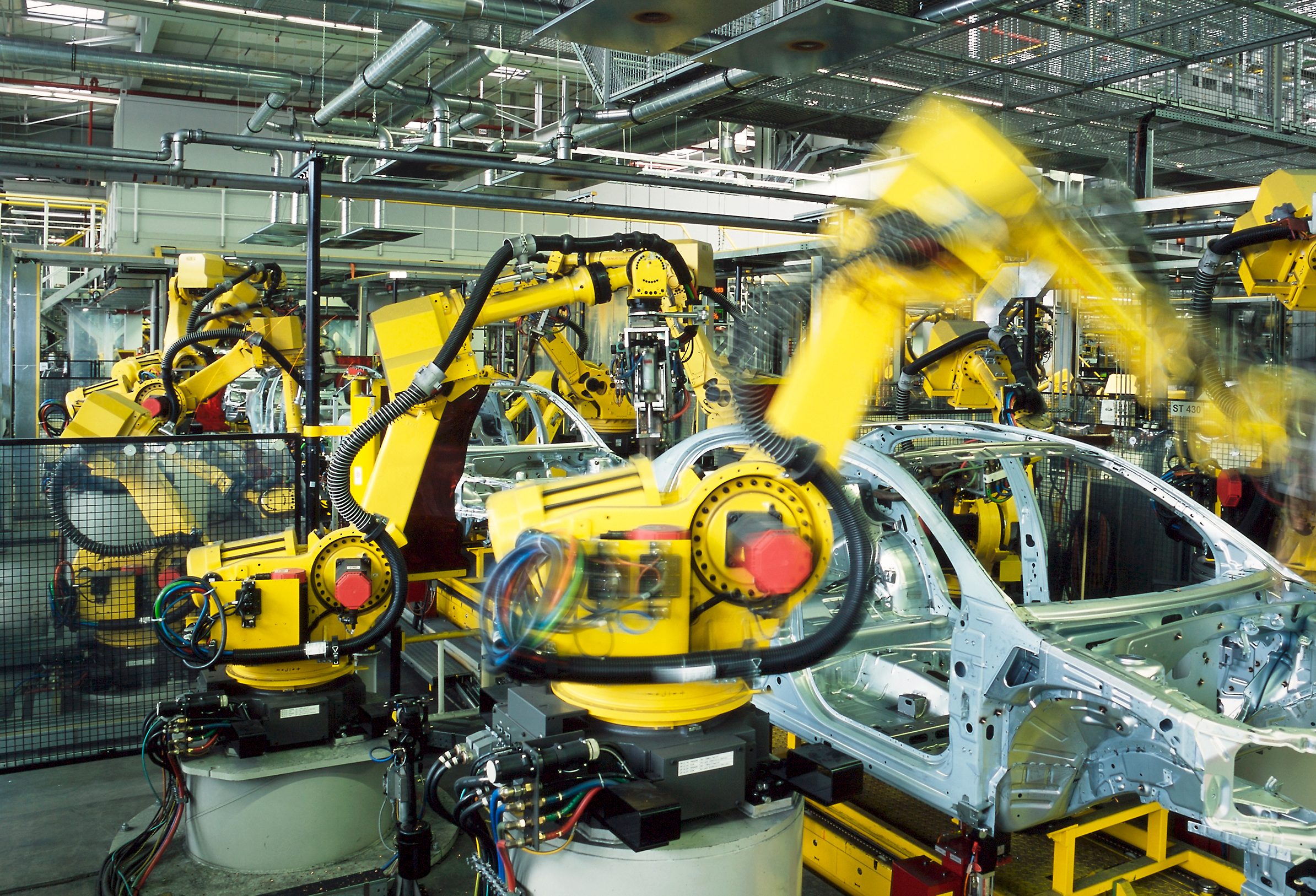
Customer relationships
Also important is how Honeywell has formed a special partnership with its customers for the advancement of sustainable ideas, according to Heyhat.
“We have solutions, and as such, we join forces with our customers to help them to move to a more sustainable future,” he said. “That is the goal of Honeywell’s thermal solution business. It’s not just, say, we have burners burning natural gas. We know natural gas is part of the transition. There is no future with zero natural gas between now and 2050 where everybody’s talking about more sustainable heating. So, we actively invest and work with customers to make burners with natural gas more efficient with what we call clean combustion, where we have low NOx and low emission burners and extra low emission burners.”
With those innovations in place, more efficiency means less use of the natural gas needed to achieve the same result, according to Heyhat.
“You are basically reducing the byproducts by high efficiency, low emission, low NOx burners,” he said. “Meanwhile, we are also investing in all the dual fuel systems from fuel delivery to control to basically a type of gas that you want as fuel like 100 percent hydrogen. We are also actively looking into and investing in electrification and electrical heating. We see the future being hybrid. There’s not one fuel or solution that will take a dominant position in the market. As we move forward, we believe in creating flexibility for our customers to choose, based on the cost of energy and the different fuels and solutions that they have available, to basically define the most optimum solution. That can be a mix of electric heating, hydrogen, and natural gas in the same location.”

Process control
In addition to having products that can burn more efficiently, Honeywell is also involved in how those processes are managed, according to Heyhat.
“With our knowledge of thermal process, we are getting into energy management and heat process management,” he said. “It’s not just having a burner that would burn one or the other fuel or electric burners, but how you can have a layer of analytics and software and digital solutions on top that would ultimately help the customers safely operate their systems, secure their output, while being sustainable and reducing the carbon footprint they have in their process. That is how we see ourselves, and that’s where we are innovating and investing a lot of money on the future of heat and thermal process.”
With more of its customers eyeing a more sustainable future, Heyhat said Honeywell will be heavily investing in retrofitting existing systems, so the question is how can Honeywell continue to engage its customer base to offer solutions to tackle that objective?
“That’s where we are engaging with the end user and have an active participation with them,” he said. “We talk with them. They come to us, because we have extensive test facilities and labs that we can experiment with different things. We build experimental heat chambers to make sure that we design the ultimate solution properly for them. We are not developing our solutions in a vacuum in our R&D centers. We believe in the power of collaboration in the industry, and that is how we are basically engaging with our end user to jointly develop solutions that would fit the goals they have.”
The R&D process
In that vein, Honeywell either has a solution for a customer that’s already been developed, or Heyhat said the company will provide a collaborative solution.
“We engage them in our R&D process,” he said. “If there are things that nobody has and we didn’t think of it or there are some special needs, we don’t say, ‘No, we don’t have it.’ We get engaged with them, and we make sure we develop those solutions that would help them to drive the business plan they have and the sustainability plan they have. It’s a different type of sell. It’s not like I have a bunch of products, and I go, ‘Hey, buy X or Y from me.’ It’s listening to the customers. It’s a type of farming sell where you go and seed something and make sure you get the results over time with the customer, developing the solutions that fit their purpose.”
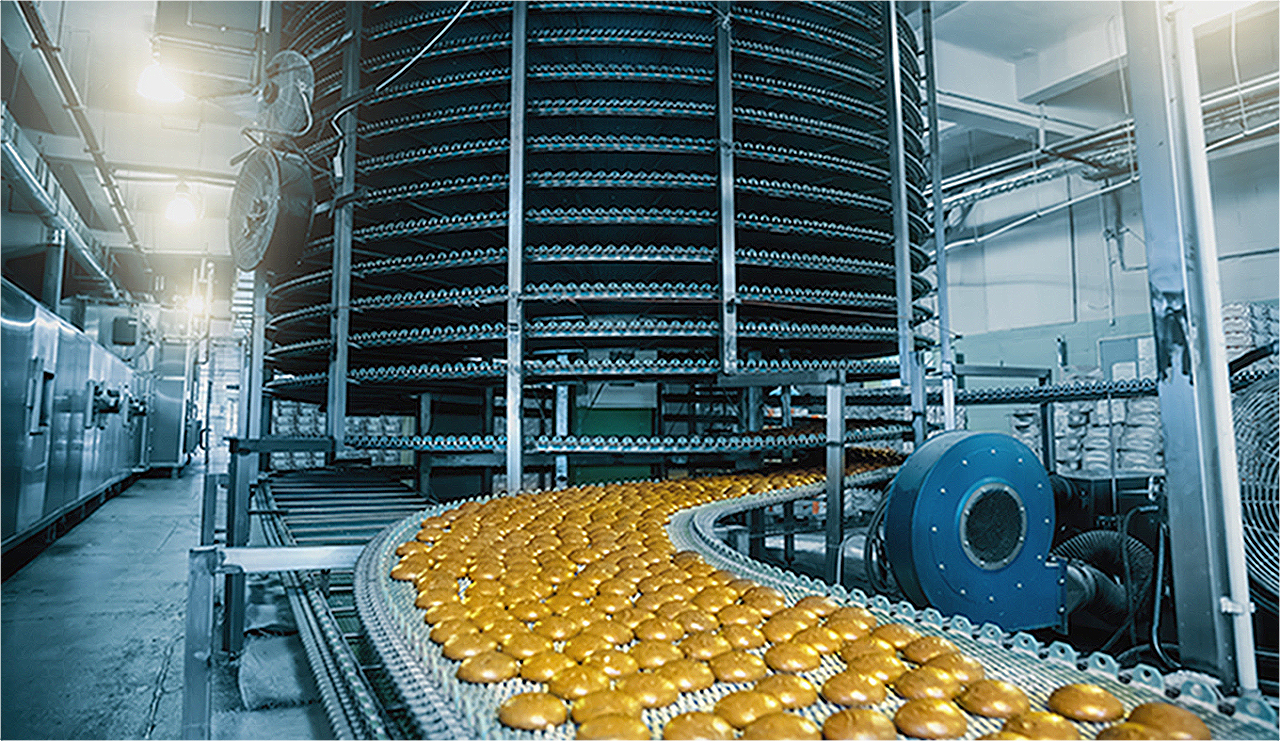
Active involvement
With a history that stretches over a century and a constantly evolving portfolio that now involves aerospace to utilities to oil and gas, the company has come a long way since it began producing hot water heat generators in 1906. But what has remained key to Honeywell’s success is being consistently active in innovation, according to Heyhat.
“Controlling the heat process was invented by Honeywell and then commercialized over decades, and we are still doing that,” he said.
And that is something Heyhat said shows no signs of stopping.
“We are developing R&D centers in different parts of the world, from Europe to the Far East to the U.S., and we are engaging with customers to actively develop custom-made solutions for those customers,” he said.
Digitalization is also expected to be a large part of Honeywell’s future development, according to Heyhat.
“We are well-positioned for that, because it will become more and more complex to run the process,” he said. “Switching between different solutions is going to be a norm on a daily basis. And you will need that digital layer and the software and analytics to help you optimize the process and run it based on different targets. It could be a cost optimization or carbon footprint optimization, and things might change with the introduction of a carbon tax and other incentives or regulations in the market. We are going to see a heavy focus on sustainability and those hybrid solutions. That’s where we can play an important role in the industry.”
MORE INFO process.honeywell.com/us/en/hts









